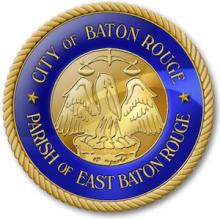Connecting San Francisco Low-Income Housing with Monkey Brains - Community Broadband Bits Podcast 264

After we saw April Glaser's article on a local San Francisco ISP connecting low-income housing to high-quality Internet access, we knew we wanted to learn more. Preston Rhea is the Senior Field Engineer for Monkey Brains and someone we knew from his work with the Open Technology Institute at New America. He joins us with Mason Carroll, Lead Engineer for Monkey Brains, to explain what they are doing in Hunters Point and more broadly across San Francisco.
Monkey Brains delivers Internet access primarily via high-capacity fixed-wireless links to buildings with multiple tenants. Working with the San Francisco Housing Development Corporation, they are delivering gigabit access to low-income housing units at Hunters Point.
Preston and Mason discuss the process, the challenges, the long-term plan, and more. In particular, they discuss why good wiring in each building is important for ensuring high-quality access to each household rather than just relying on common Wi-Fi access points around the buildings.
Silicon Beat also covered this story.
This show is 28 minutes long and can be played on this page or via Apple Podcasts or the tool of your choice using this feed.
Transcript below.
We want your feedback and suggestions for the show-please e-mail us or leave a comment below.
Listen to other episodes here or view all episodes in our index. See other podcasts from the Institute for Local Self-Reliance here.
Thanks to Arne Huseby for the music. The song is Warm Duck Shuffle and is licensed under a Creative Commons Attribution (3.0) license.


